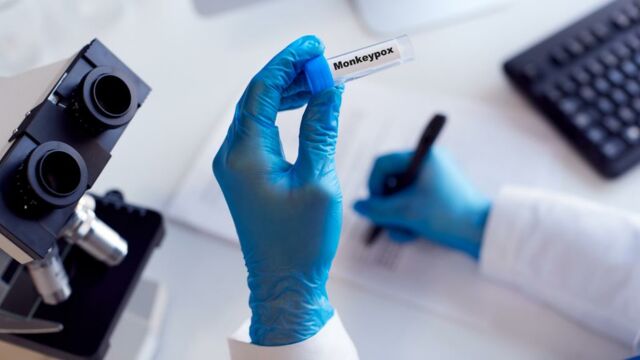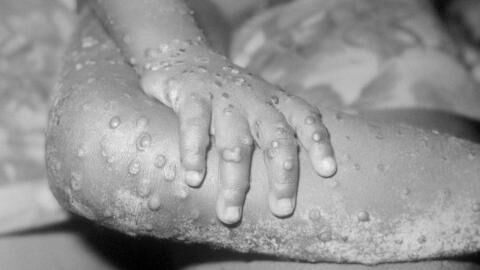For several weeks now, Europe and the United States have been fearing the arrival of a new health crisis following the discovery of several cases of monkeypox. Two years after the first months of the Covid-19 health crisis, another virus, known as monkeypox, is worrying scientists. This disease supposedly eradicated in the 1980s, has recently been spreading in several countries around the world. Since then, specialists have been trying to better understand its mode of transmission in order to warn the population.
Discover our latest podcast
What is monkeypox?
UK finds 36 more monkeypox cases https://t.co/699NLAmCcL
— BBC News (World) (@BBCWorld) May 23, 2022
Discovered in 1958, monkeypox is a virus that was initially transmitted from animals to humans. The first human case of this virus dates back to 1970 in the Democratic Republic of the Congo (DRC), reports the Centers for Disease Control & Prevention (CDC). This disease causes flu-like symptoms (fever, headache, swollen lymph nodes, etc.). Infected patients also develop skin rashes such as scabs, pustules and lesions. Nevertheless, Santé Publique Francereassures that this illness, which is commonly categorised as benign, heals after two or three weeks.
Who is at risk of contracting the virus?
Protect yourself & others from #monkeypox:
— World Health Organization (WHO) (@WHO) May 20, 2022
-Isolate & talk to a health worker if you have symptoms
-Avoid skin to skin or face to face contact with anyone who has symptoms
-Clean hands, objects & surfaces that have been touched regularly
-Wear a mask if you are in close contact pic.twitter.com/VSmYMBwrVs
There have now been several dozen cases of monkeypox in Europe, prompting researchers to study how it is transmitted. The European Centre for Disease Prevention and Control (ECDC) has been looking into the matter. In its risk assessment report, published on 23 May, the organisation points out that certain individuals are more likely to contract the disease than others. Among the first to be affected are people with multiple sexual partners.
However, the report says it is far too early to say whether the virus has evolved to the point where it is primarily sexually transmitted. The ECDC also points out that certain groups, considered to be more vulnerable, are at greater risk of contracting the disease, including ‘very young children, pregnant women, the elderly and immunocompromised people’. For its part, the government assures that a vaccination strategy against monkeypox will soon be put in place.
This article has been translated from Oh!MyMag FR.
Read more:
⋙ Monkeypox: The signs and symptoms of the virus detected in the UK
⋙ COVID-19: A fourth dose of vaccine soon required? Health authorities in favour
⋙ Pfizer study finds its Covid-19 vaccine is 'effective' on children 'with 3 doses', sparking debate















